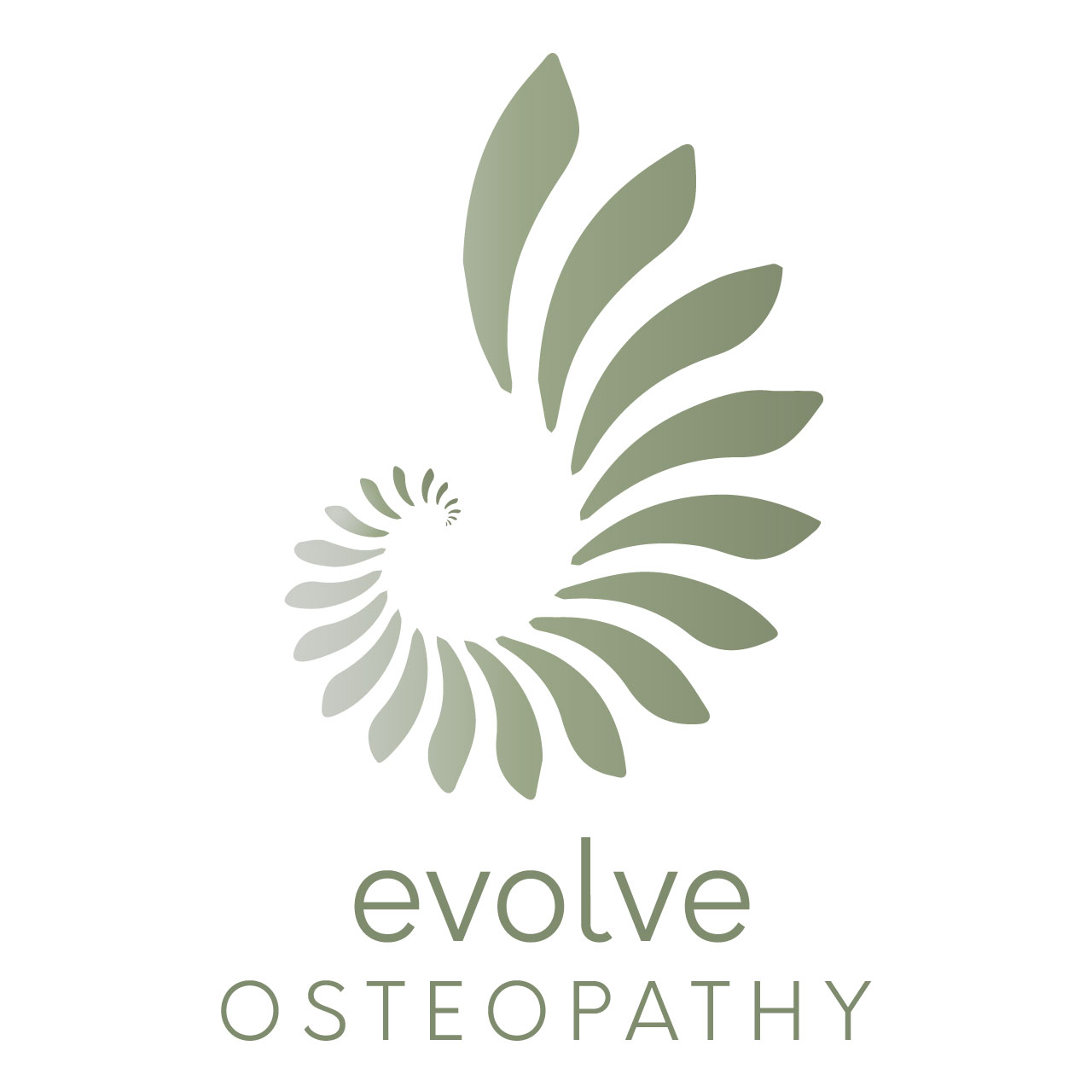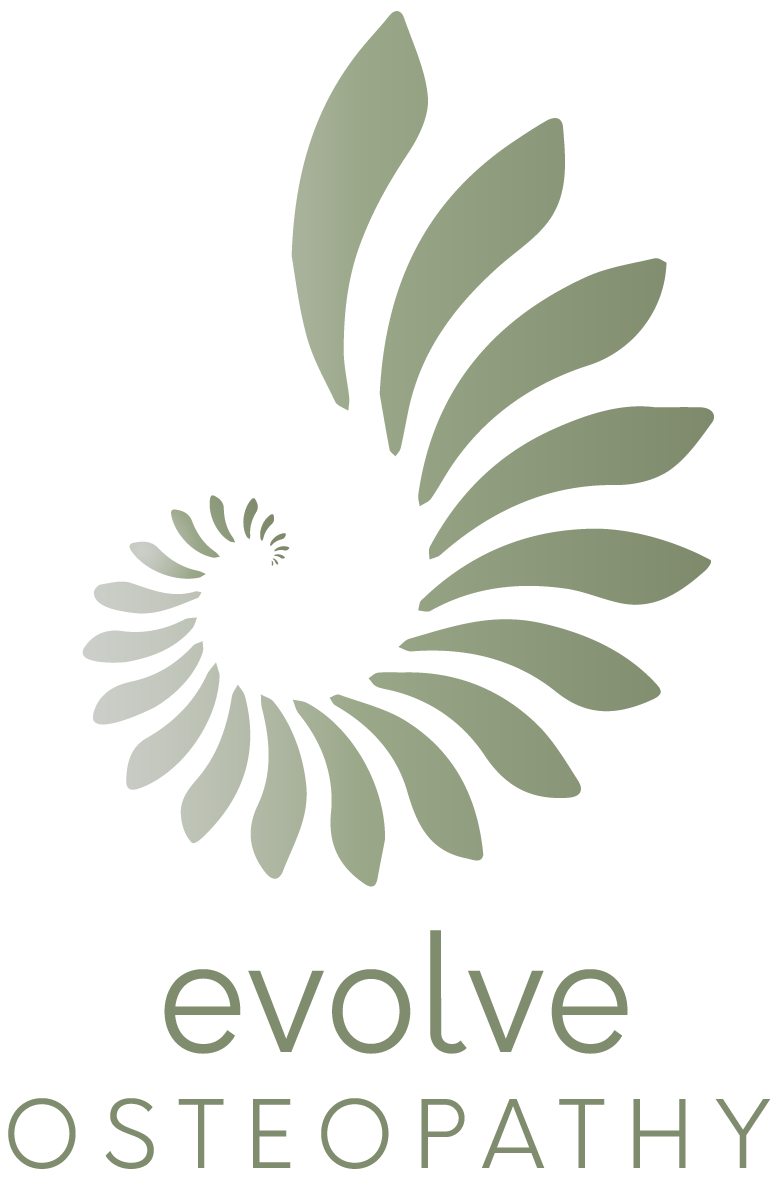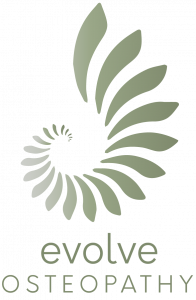Neuromuscular Therapy, also known as NMT, is a specialized form of manual therapy that aims to treat the root cause of muscular pain and dysfunction. This therapy focuses on the relationship between the nervous system and the muscles, targeting trigger points and addressing imbalances in the body. By employing a combination of precise pressure, stretching, and soft tissue manipulation, NMT can effectively alleviate pain, improve mobility, and restore balance in the musculoskeletal system.
What is Neuromuscular Therapy?
Neuromuscular Therapy is a hands-on approach that involves the identification and treatment of trigger points, which are hyperirritable spots within muscles. These trigger points can cause pain, tightness, and restricted movement, often leading to compensatory patterns and dysfunction in other areas of the body. Using palpation techniques, a skilled NMT practitioner can locate these trigger points and apply specific pressure to release them. By releasing these knots, the therapist helps restore normal function and relieve pain in the muscle and surrounding tissues.
In addition to addressing trigger points, Neuromuscular Therapy also takes into account the nervous system’s role in muscular dysfunction. The therapist will assess the client’s posture, movement patterns, and overall alignment to identify any underlying neuromuscular imbalances. By focusing on the relationship between the nerves and muscles, NMT can help correct these imbalances, improve neuromuscular control, and restore optimal function.

Benefits and Applications of Neuromuscular Therapy
Neuromuscular Therapy offers a wide range of benefits and applications, making it a valuable treatment option for various conditions. One of the primary advantages is pain relief. By addressing trigger points and releasing muscular tension, NMT can significantly reduce pain caused by muscle spasms, muscular strains, and chronic conditions such as fibromyalgia.
Furthermore, this therapy can improve flexibility and range of motion. By releasing tight muscles and fascia, NMT helps restore proper movement patterns and allows for increased mobility in joints. This can be particularly beneficial for athletes, individuals recovering from injuries, or anyone seeking to enhance their overall physical performance.
Moreover, Neuromuscular Therapy can also address postural imbalances and musculoskeletal conditions. By identifying and correcting muscular imbalances, it can improve posture, alleviate strain on joints, and prevent future injuries. Additionally, NMT has been found to be effective in treating conditions such as carpal tunnel syndrome, temporomandibular joint (TMJ) disorders, and sciatica.
In conclusion, Neuromuscular Therapy offers a targeted and effective approach to address pain, dysfunction, and imbalances in the neuromuscular system. By focusing on trigger points and the nervous system’s role in muscular dysfunction, this therapy can provide significant relief for individuals suffering from chronic pain or recovering from injuries. Whether seeking pain management, improved mobility, or postural correction, NMT can be a valuable therapeutic tool in restoring optimal function and enhancing overall well-being. Book Today for your initial consultation for pain relief.



